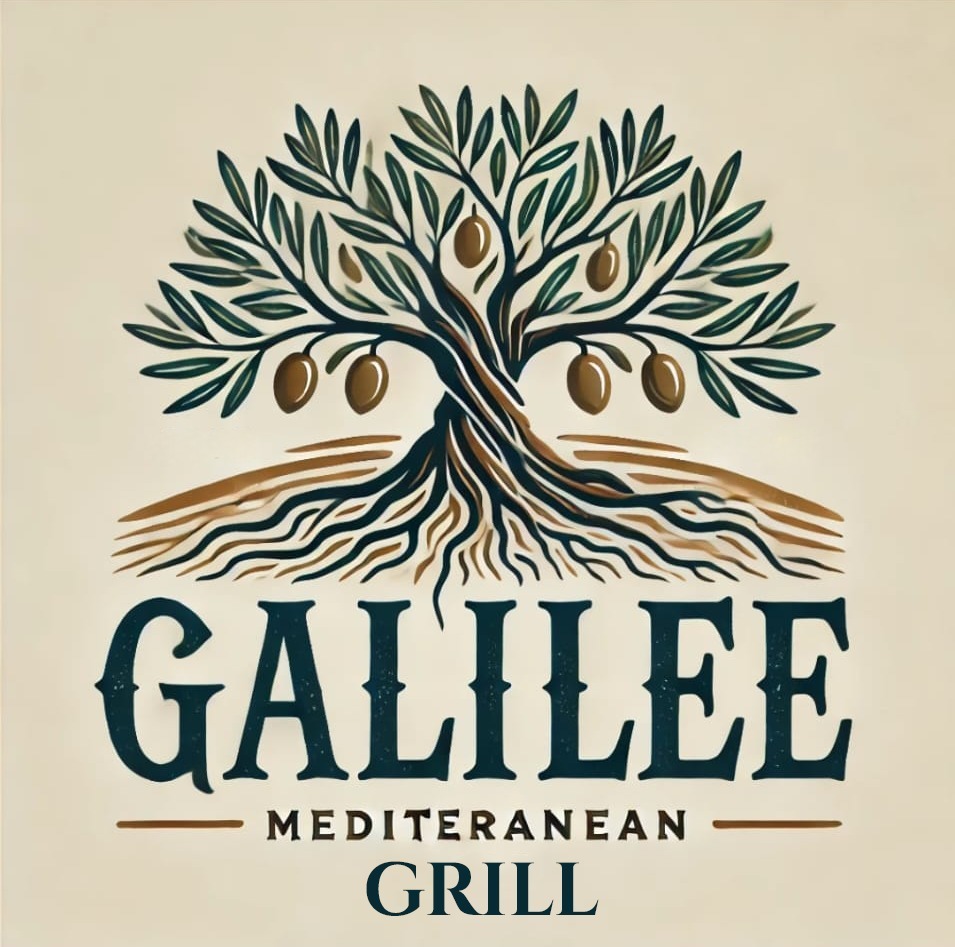The Mediterranean Diet has become one of the most popular and recommended ways to eat for overall health and well-being. It’s not just a “fad” diet; it’s a lifestyle that has stood the test of time. Based on the eating habits of people living around the Mediterranean Sea, this diet emphasizes fresh ingredients, flavorful meals, and balanced nutrition.
Let’s explore what makes the Mediterranean Diet so healthy and why it’s the go-to eating plan for many people looking to improve their health.
What is the Mediterranean Diet?
The Mediterranean Diet is a way of eating that reflects the traditional food habits of people living in countries like Greece, Italy, and Spain. It focuses on consuming plant-based foods such as fruits, vegetables, whole grains, and legumes, along with healthy fats like olive oil. Unlike other diets, it encourages eating fish and seafood regularly while limiting red meat and processed foods.
The Mediterranean diet for weight loss can also be effective, as it promotes healthy eating patterns that encourage steady, sustainable weight loss instead of quick fixes or extreme restrictions. Its emphasis on whole foods and healthy fats makes it easy to stick to while still enjoying delicious meals.
What are the Benefits of the Mediterranean Diet?
There are plenty of reasons why the Mediterranean Diet is widely considered one of the healthiest diets around. Some of the Mediterranean diet’s health benefits include:
- Heart Health: One of the biggest benefits of the Mediterranean Diet is its positive effect on heart health. The heart-healthy Mediterranean diet is rich in healthy fats, like those found in olive oil and nuts, which help lower bad cholesterol levels and reduce the risk of heart disease.
- Weight Management: The diet’s balance of whole foods and healthy fats makes it easier to manage weight healthily. Unlike restrictive diets, the Mediterranean approach focuses on nourishing your body, making it a sustainable lifestyle for long-term results.
- Reduced Inflammation: Many studies show that following the Mediterranean Diet can help reduce inflammation in the body. The diet’s rich antioxidant content, thanks to fruits, vegetables, and healthy fats, plays a key role in protecting against chronic diseases.
- Improved Brain Health: The Mediterranean Diet also benefits brain health. Some studies suggest it can help protect against age-related cognitive decline and reduce the risk of conditions like Alzheimer’s.
Mediterranean Diet Food List
Wondering what foods are part of the Mediterranean Diet? Here’s a basic Mediterranean diet food list to get you started:
- Fruits and Vegetables: A wide variety of fresh, colorful produce like tomatoes, leafy greens, cucumbers, berries, and citrus fruits.
- Whole Grains: Brown rice, barley, farro, quinoa, and whole wheat pasta.
- Nuts and Seeds: Almonds, walnuts, flaxseeds, and chia seeds.
- Healthy Fats: Extra virgin olive oil, avocados, and olives.
- Fish and Seafood: Salmon, sardines, anchovies, and shrimp. Aim to eat fish at least twice a week.
- Legumes: Lentils, chickpeas, and beans.
- Herbs and Spices: Garlic, basil, oregano, rosemary, and thyme, replacing salt for flavor.
- Dairy (in moderation): Greek yogurt, cheese, and milk (preferably low-fat or fat-free).
This variety of nutrient-dense foods provides a well-rounded, flavorful way of eating that nourishes your body and satisfies your taste buds.
Mediterranean Diet Serving Goals and Sizes
The Mediterranean diet meal plan doesn’t require counting calories or obsessing over portion sizes. Instead, it emphasizes balance and moderation. Here are some basic serving guidelines to help you build a healthy Mediterranean plate:
- Vegetables: Fill half your plate with vegetables or salads.
- Grains and Legumes: Aim for one-quarter of your plate to be made up of whole grains or legumes.
- Protein: The remaining quarter can be filled with fish, lean poultry, or plant-based proteins like beans or nuts.
- Healthy Fats: Use olive oil generously in cooking and as a dressing, but avoid overdoing it. A few tablespoons a day is plenty.
The goal is to focus on plant-based foods while enjoying smaller portions of meat and dairy. You’ll be nourishing your body with healthy, filling meals without feeling deprived.
How Do I Create a Mediterranean Diet Meal Plan?
Creating a Mediterranean Diet meal plan can be simple once you know the basic principles. Here’s a step-by-step guide to get you started:
- Start with Vegetables and Fruits: Choose a variety of fresh, seasonal produce for your meals. Try to include a colorful mix of vegetables and fruits, which provide essential vitamins, minerals, and fiber.
- Choose Whole Grains: Incorporate whole grains like brown rice, quinoa, and farro into your meals. These grains are filling and provide long-lasting energy.
- Include Healthy Fats: Use olive oil as your primary cooking fat. Add avocado and nuts for snacks or to enhance your meals.
- Fish and Seafood: Plan to include fish or seafood at least two to three times a week. If you’re vegetarian or vegan, substitute with plant-based proteins like beans or tofu.
- Limit Red Meat: Keep red meat to a minimum and opt for lean protein sources like chicken or legumes instead.
- Meal Prep: To make it easier, prepare ingredients ahead of time. Chop vegetables, cook grains, and portion out snacks like nuts and fruit. This makes it simpler to throw together quick meals during the week.
With a little planning, creating a Mediterranean Diet meal plan can be fun and easy, helping you stay on track with your health goals.
What Foods Are Not Allowed on the Mediterranean Diet?
While the Mediterranean Diet is flexible, there are some foods you’ll want to limit or avoid. These include:
- Processed Foods: Packaged snacks, chips, and fast food. These are high in unhealthy fats and sugar.
- Refined Grains: White bread, pasta, and rice. Stick to whole grains instead.
- Red Meat: Red meat should be consumed only in moderation, perhaps once or twice a month.
- Sugary Drinks: Soda, sugary juices, and other sweetened beverages should be avoided. Instead, opt for water, herbal teas, or coffee.
The Mediterranean Diet is all about eating wholesome, nutrient-dense foods that nourish your body while avoiding processed and overly refined options.
Conclusion
The Mediterranean Diet is not just a diet — it’s a healthy way of life that promotes long-term well-being. With its emphasis on whole foods, healthy fats, and balanced nutrition, it’s easy to see why this way of eating is recommended by doctors and nutritionists around the world. Whether you’re looking to improve heart health, manage your weight, or simply eat better, the Mediterranean Diet offers a delicious and sustainable solution.
If you’re ready to experience the benefits of Mediterranean cuisine firsthand, Galilee Mediterranean Grill is here to help. Visit Galilee Mediterranean Grill to enjoy authentic Mediterranean dishes that support your healthy lifestyle.

